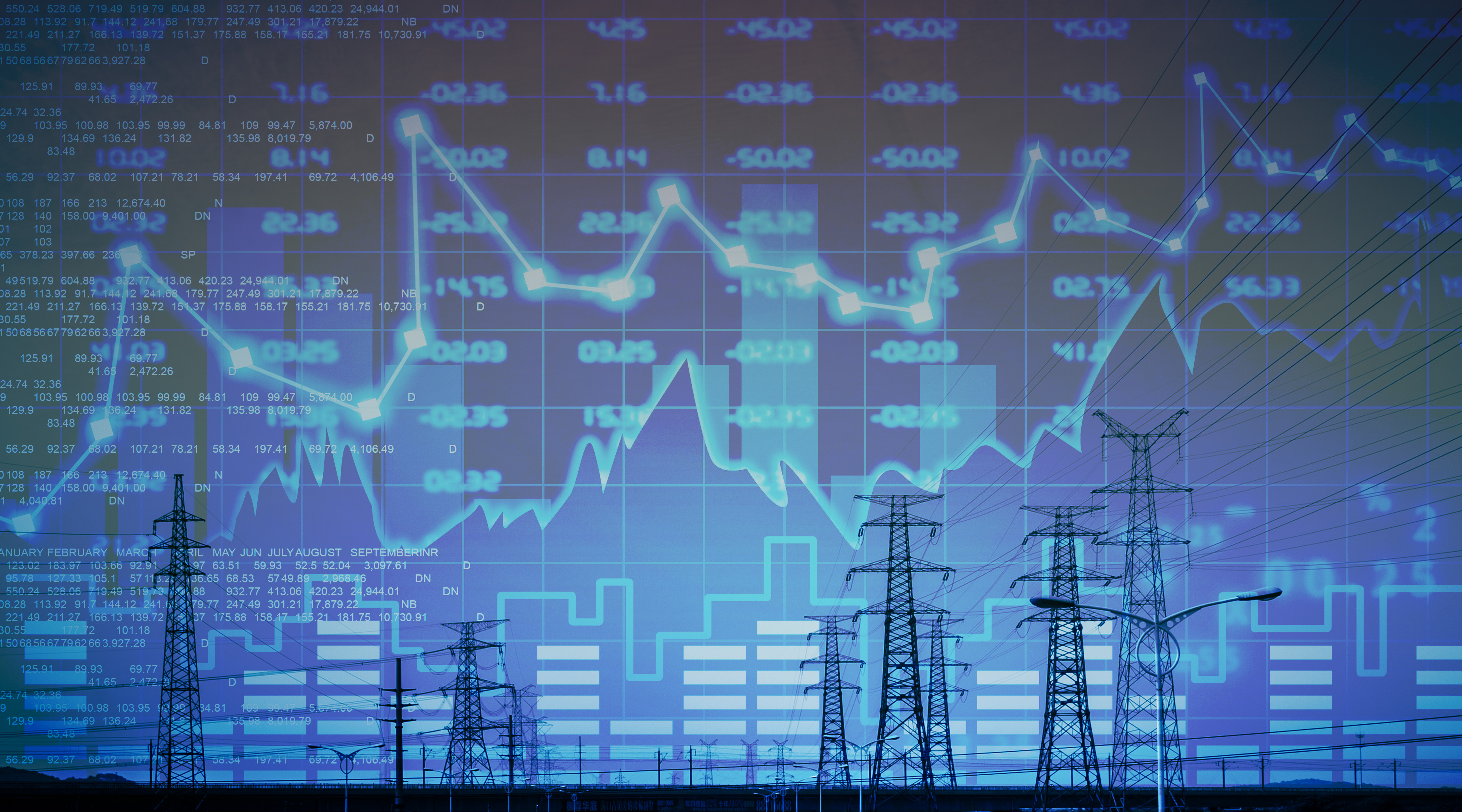The suspension of the national energy market could remain in place indefinitely, with the federal Government unable to say when the “extreme” action will end.
Energy minister Chris Bowen ruled out extending the life of coal-fired power stations as a short-term solution to the energy crisis, saying the Labor government believed further investment in renewable generation and storage was a better option.
For the first time, the Australian Energy Market Operator suspended the wholesale electricity market on Wednesday to help prevent further supply shortfalls and the risk of blackouts.
“The government will back the operator and regulators 100%, and this intervention will not be lifted one day earlier than it needs to be in [the operator’s] judgment,” the energy minister, Chris Bowen, said.
Bowen said the NSW electricity grid would again be under significant pressure on Thursday evening, with residents told to limit their use if possible.
Aemo said the market suspension was temporary and would be reviewed daily for each region, with normal market operations to resume “as soon as practical”. In separate media interviews on Thursday, the prime minister, Anthony Albanese, and Bowen could not give a timeline on when this would change.
“This intervention from the energy market operator will continue, let me be clear, for not a day more or less than it needs to,” Bowen told ABC News Breakfast.
“I’ve been clear with that chief executive of the operator; he has my full support for any action he deems necessary.”
When asked if he believed the intervention could continue for “months”, Bowen responded, “I don’t envisage that long”.

Albanese was also unable to give a timeline during an interview on Radio National.
“It’s a day-by-day decision by Aemo; they want the market to be able to operate,” he said.
Albanese said the energy crisis that has seen residents in Queensland and New South Wales asked to conserve power should be a “source of incredible embarrassment” for the previous Coalition government.
“You can’t fix a decade of inaction in 10 days. What you can do is provide that certainty in the future, whilst dealing with the immediate pressures there,” Albanese told a Parliament House press conference.
The prime minister said the current situation exposed “weaknesses” in electricity policy when asked about settings that could incentivize generators to price gouge.
“All the lessons of what’s happening will be examined, and if there need to be any policy adjustments, they’ll be made,” Albanese said.
On Wednesday, the opposition leader, Peter Dutton, claimed the current energy crisis was a “problem of Chris Bowen’s making”, criticizing the Labor government for negative comments around fossil fuels. Albanese hit back at Coalition critiques, claiming the energy situation should be a “source of incredible embarrassment” for the former Government.
“This is a direct result of a failure to invest, of a failure to have an energy policy,” he said.
“A a result of that, we have the circumstances that Aemo is dealing with. We’ve seen a policy failure that has led to a market failure.”
Bowen rejected a question at a Parliament House press conference about whether further investment in coal power would be a short-term fix.
“The problem is there is not enough investment in renewable energy. There hasn’t been enough investment in storage,” he said.
New South Wales health staff in Sydney were asked to reduce electricity in non-clinical settings on Wednesday, according to the Daily Telegraph newspaper, with recommendations including lowering the use of air conditioners, switching off unused equipment, and avoiding using printers. Other suggestions from the state government to the general population included not running dishwashers during expected peak periods on Wednesday night.
NSW energy minister Matt Kean gave a heated interview to 2GB radio on Thursday, blaming a “confluence of events” that led to the energy crisis gripping the nation.
“I always take responsibility, but let’s be very clear. I didn’t invade Ukraine. I didn’t make the generators [into] old equipment, and I certainly didn’t make the weather cold,” Kean said.
The federal Government also on Thursday formalized one of the Government’s key election promises, a 43% cut in emissions by 2030, at a signing ceremony on Thursday morning in Parliament House. The new Government’s more ambitious midterm target will be outlined in an updated nationally determined contribution (NDC) to be submitted to the UN Framework Convention on Climate Change secretariat.
“We send the message to the rest of the world, to our friends and allies, that we’re partners in tackling the climate emergency,” Bowen said.
Assistant climate and energy minister, Jenny McAllister, framed the updated climate target as an important message for young people, claiming the former Government’s climate policy had “imperiled their future”.
“This is an important economic reform. It is also an important strategic reform. It matters a lot to our region. But for me, it is also a democratic reform. When I speak to young people in recent years, it has broken my heart to hear that they believe the Australian Government has failed them,” she said.











